T4K3.news
Technology firms focus on data centre efficiency
Tech firms are prioritizing data centre efficiency to meet explosive AI demands while managing energy use.
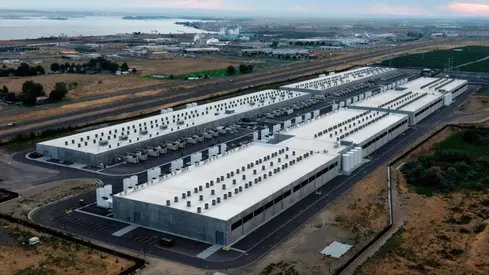
Increasing efficiency in data centres is essential as energy demands rise from AI technologies.
Increased efficiency in data centres supports upcoming AI demand
The demand for artificial intelligence and cloud computing is rapidly increasing, leading to the construction of large, power-hungry data centres by companies like Meta, Google, and Amazon. These facilities require substantial energy to operate, prompting discussions about the need for greater efficiency. Innovations, particularly in cooling systems, are becoming essential to manage heat generated by advanced computing processes. Research indicates significant improvements in performance per chip are underway, but managing power loss remains a challenge. Reports suggest the efficiency of chips could significantly impact energy consumption, with some technologies promising to reduce losses considerably. However, critiques highlight the lack of incentive for companies to adopt flexible power usage practices without immediate pressures on society's energy needs.
Key Takeaways
"There's a limited amount of available power, but the more efficiently they can use that power, the more capacity they can build."
Steven Carlini from Schneider Electric discusses the essential balance between power availability and efficiency improvements.
"If I'm using ChatGPT and I have the choice between the most advanced model or a generation behind, I prefer to use the most advanced model."
Konstantin Pilz highlights consumer preferences that may drive increased power demand despite efficiency gains.
As the tech sector pushes for more powerful AI capabilities, the need for efficient data centres intensifies. While innovations in cooling and power management promise to enhance efficiency, challenges remain. Researchers foresee that companies may not adopt flexible power strategies unless external pressures force them to reconsider their energy usage. The concept of Jevons paradox underlines a risk: improved efficiency could lead to increased consumption and higher overall demand for power. These dynamics make the path forward for energy consumption and data centre efficiency both exciting and uncertain.
Highlights
- Efficiency improvements may not reduce overall energy demand.
- Data centres could be our double-edged sword in energy consumption.
- Innovation alone may not rein in rising power needs.
- Companies face a struggle between efficiency and growing demand.
Concerns about energy consumption and efficiency
The increasing efficiency in data centres could lead to greater overall power consumption, raising concerns about sustainability and energy demands. The Jevons paradox suggests that more efficient processes might increase rather than decrease energy use, complicating the future of power management in tech.
The path to a more efficient energy future lies in rethinking data centre operations amidst rising demands.
Enjoyed this? Let your friends know!
Related News
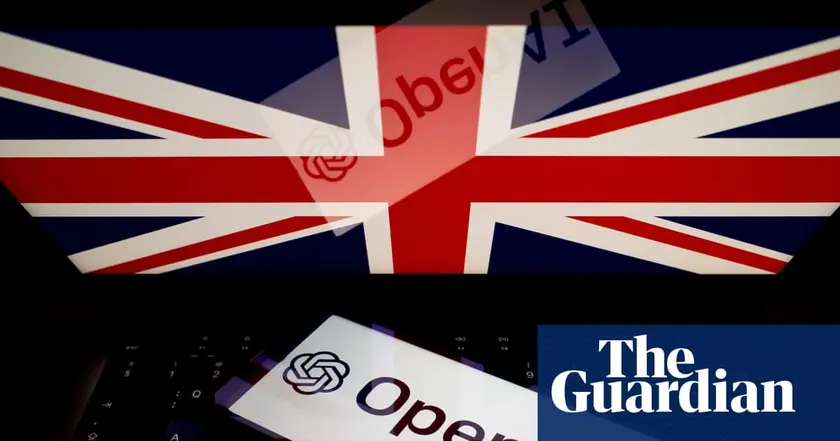
UK government urged to clarify details of OpenAI agreement

Blackstone Announces Acquisition of Enverus
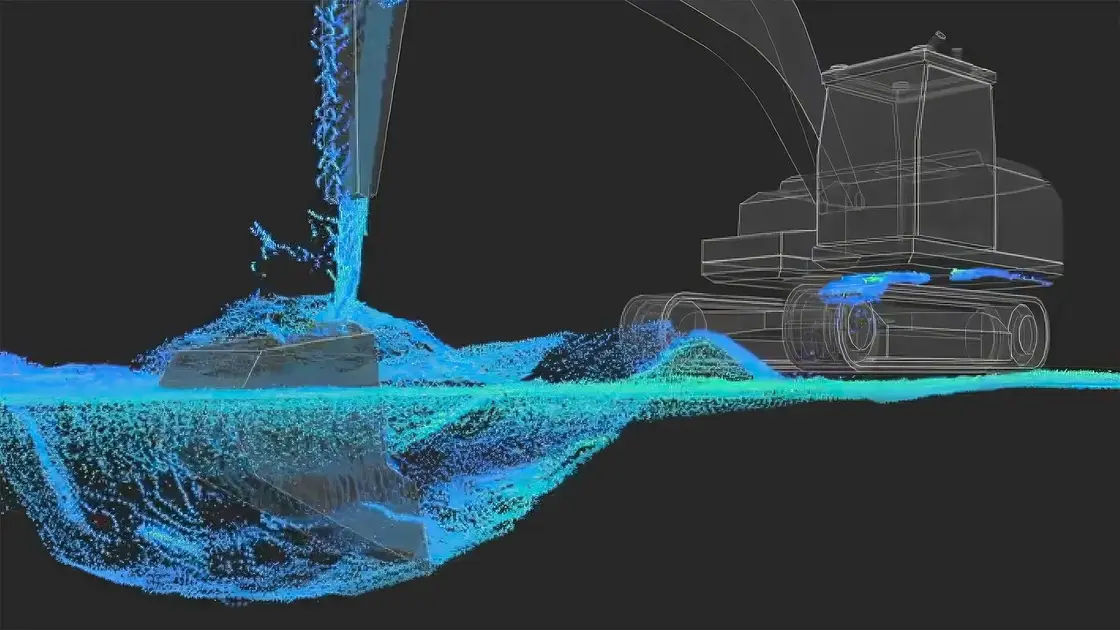
Bedrock Robotics introduces autonomous excavators

American Giants Face the Great Shrinking

AI revolutionizes major law firms' operations
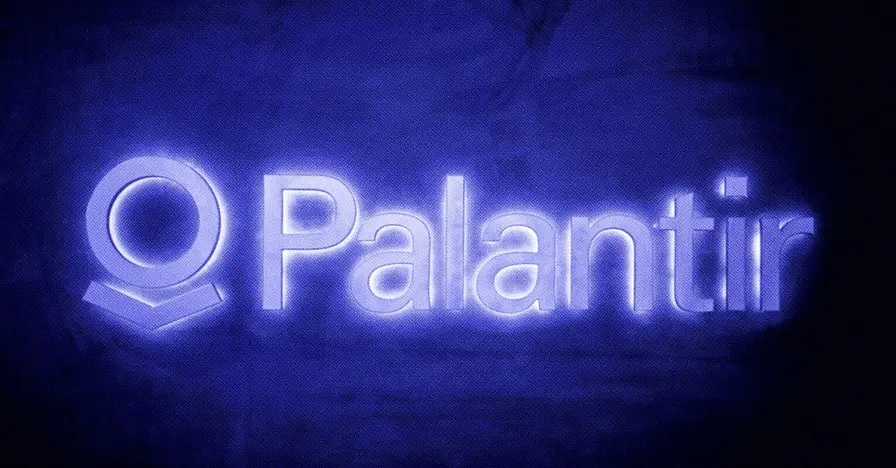
Palantir Strengthens Its Role in Government Contracts

Private Data Feeds NOAA's Weather Backbone
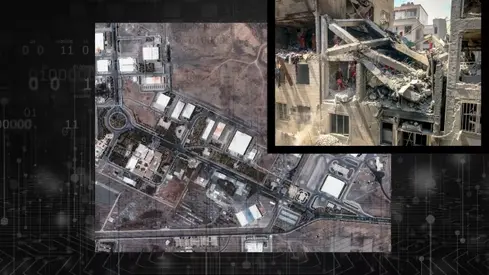
Cyber operations persist after ceasefire
